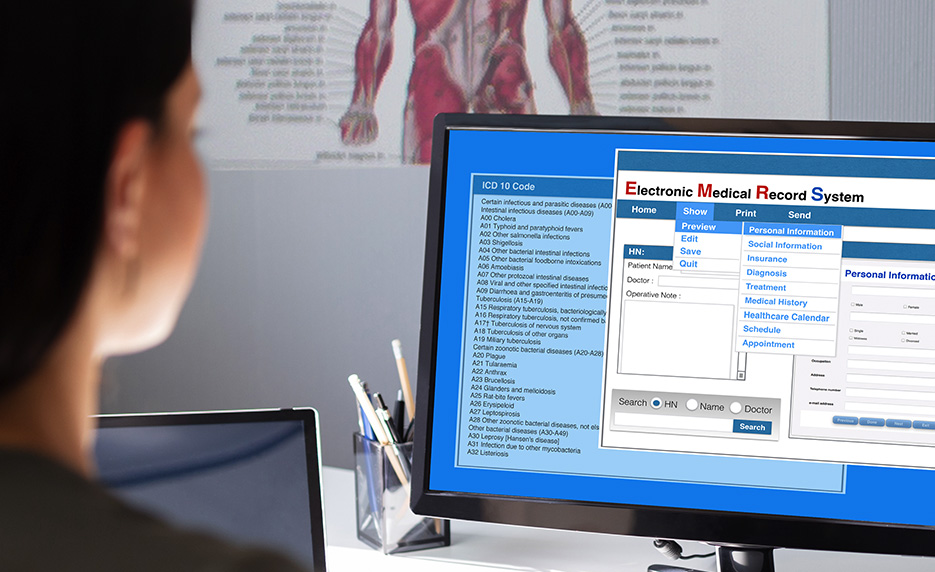Overview of Medical Billing and Coding Jobs in 2025
Medical billing and coding jobs are the backbone of the healthcare industry. In 2025, the demand for professionals in this field is skyrocketing due to the expansion of healthcare services, advancements in technology, and the ongoing need for accurate patient data management. These roles ensure that healthcare providers are compensated accurately and promptly while maintaining compliance with regulations.
As the industry evolves, professionals in medical billing and coding play a critical role in shaping the future of healthcare administration. Here’s an in-depth look at what you need to know about medical billing and coding jobs in 2025.
What is Medical Billing and Coding?
Medical billing involves submitting and following up on claims with health insurance companies to receive payment for services rendered by a healthcare provider. Medical coding, on the other hand, is the process of translating medical diagnoses, procedures, and equipment into standardized codes such as ICD-10, CPT, and HCPCS. Together, these processes ensure seamless healthcare operations.
Key Responsibilities
- Medical Coders: Assign standardized codes to procedures and diagnoses.
- Medical Billers: Submit claims to insurance companies and follow up on unpaid claims.
- Compliance: Ensuring all codes and claims comply with healthcare regulations and insurance policies.
Why Are Medical Billing and Coding Jobs Thriving in 2025?
Increasing Healthcare Needs
An aging population and the rise of chronic diseases have led to an increased demand for healthcare services. This, in turn, has amplified the need for skilled medical billers and coders to manage the surge in patient data.
Technological Advancements
Innovations like artificial intelligence (AI) and machine learning (ML) are transforming the medical billing and coding landscape. Automation tools are streamlining repetitive tasks, but skilled professionals are still required to manage complex coding scenarios and oversee compliance.
Remote Work Opportunities
The post-pandemic era has normalized remote work, and medical billing and coding are among the top fields benefiting from this shift. In 2025, many employers offer flexible, remote positions, making it an attractive career option.
Skills Needed for Medical Billing and Coding Jobs in 2025

To succeed in this competitive field, you must possess the following skills:
Technical Proficiency
- Mastery of medical coding systems (ICD-10, CPT, HCPCS)
- Familiarity with electronic health records (EHR) systems
- Knowledge of healthcare compliance standards like HIPAA
Analytical Skills
- Attention to detail for accurate coding
- Problem-solving abilities for resolving billing discrepancies
Communication Skills
- Collaborating with healthcare providers, insurance companies, and patients
- Explaining complex billing issues in simple terms
Adaptability
- Staying updated with changes in coding standards and healthcare regulations
- Embracing new technologies and software tools
Educational Requirements and Certifications
Education
Most employers require a high school diploma or equivalent. However, completing a postsecondary certificate or an associate degree in medical billing and coding enhances job prospects.
Certifications
Certifications significantly boost employability and earning potential. The top certifications for 2025 include:
- Certified Professional Coder (CPC): Offered by the AAPC
- Certified Coding Specialist (CCS): Offered by AHIMA
- Certified Billing and Coding Specialist (CBCS): Offered by NHA
Career Outlook for Medical Billing and Coding Jobs
Job Growth
According to the U.S. Bureau of Labor Statistics, employment in medical records and health information roles is projected to grow 12.6% from 2021 to 2031, faster than the average for all occupations. This growth indicates a robust demand for medical billing and coding professionals in 2025.
Salary Expectations
The average annual salary for medical billing and coding specialists in 2025 ranges from $45,000 to $65,000, depending on experience, certifications, and location. Remote positions often come with additional perks such as flexible hours and competitive benefits.
Work Settings
- Hospitals
- Physician offices
- Outpatient care centers
- Insurance companies
- Remote freelance opportunities
How to Start a Career in Medical Billing and Coding Jobs

Step 1: Get Educated
Enroll in a reputable medical billing and coding program. Online courses offer flexibility, while in-person training provides hands-on experience.
Step 2: Obtain Certification
Choose a certification that aligns with your career goals and complete the required exams.
Step 3: Gain Experience
Consider internships or entry-level positions to gain practical experience and build your resume.
Step 4: Stay Updated
Healthcare regulations and coding standards frequently change. Continuous education and recertification are crucial to staying competitive.
Challenges in Medical Billing and Coding Jobs
Keeping Up with Regulations
The healthcare industry is highly regulated, and staying compliant requires constant vigilance.
Technological Disruptions
While technology enhances efficiency, it also demands continuous learning to master new tools.
Handling Complex Cases
Navigating disputes, denied claims, and coding ambiguities can be challenging but rewarding with the right skills.
Future Trends in Medical Billing and Coding Jobs
Automation and AI Integration
AI-powered tools are expected to take over routine tasks, allowing professionals to focus on more complex and strategic responsibilities.
Increased Focus on Data Security
With the rise of cyber threats, ensuring the confidentiality and security of patient data remains a top priority.
Globalization
Outsourcing and international collaboration are becoming more common, creating opportunities for multilingual coders.
Conclusion
Medical billing and coding jobs in 2025 represent an exciting and dynamic career path within the healthcare industry. With rising healthcare demands, rapid technological advancements, and increasing opportunities for remote work, this field offers stability, growth, and flexibility. By acquiring the right education, certifications, and skills, professionals can position themselves for success in this ever-evolving industry.
As healthcare systems continue to adapt to new challenges and innovations, medical billers and coders will remain indispensable in ensuring accurate data management, streamlined billing processes, and compliance with regulations. Whether you’re just starting your career or looking to advance, the future of medical billing and coding is bright, promising numerous opportunities for those prepared to embrace the journey. Stay tuned with us for more info like this!




